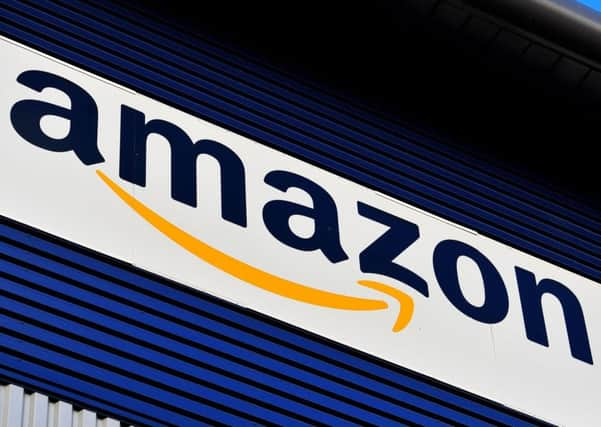Online giant Amazon marks 20 years as a listed company
This article contains affiliate links. We may earn a small commission on items purchased through this article, but that does not affect our editorial judgement.


Fans of the online retailer who also invested in it when it floated in 1997 have been rewarded handsomely.
Every £1,000 invested when it listed as a public company at $18 (£13.80) per share is now worth more than £500,000. The US company, which employs 4,500 at peak periods in Scotland, launched its initial public offering on 15 May 1997, nearly three years after Jeff Bezos started the company in July 1994. Yesterday they were trading at around $955.
Advertisement
Hide AdAdvertisement
Hide Ad• READ MORE: Amazon’s Dunfermline centre ‘poised for £54m sale’
Early shareholders have profited from the company’s global push into retail on all fronts – including books, clothing and now groceries – which has made it the “main single driver behind e-commerce growth for years”, particularly in the US, according to senior research analyst Matt Littunen at Enders Analysis. He estimates that Amazon’s share of US online retail growth was more than 50 per cent last year.
Littunen said: “Above all it has helped bring online retail into the everyday experience of consumers, bringing ease to purchases, building trust and quietly revolutionising how orders are processed and delivered.
“But its sheer scale and aggressive tactics have also made online retail a daunting market for many would-be competitors – outside of the umbrella of Amazon’s growing seller services, that is.”
Amazon’s continued dominance helped drive a 23 per cent jump in sales to $35.7 billion in the first quarter of 2017.
Littunen said that in other advanced economies like the UK, different companies have been leading the charge in sectors like grocery and fashion, which Amazon has been slow to capture. But the US firm has still managed to impact Britain’s high street.
Advertisement
Hide AdAdvertisement
Hide Ad“Through a remorseless focus on fast and accurate home delivery Amazon has taken big chunks of non-food spending away from the high street, beginning with books and DVDs and then moving on to electricals and now clothing,” retail analyst and consultant Nick Bubb said.
“But the big unknown is whether it can do the same in grocery and whether it needs physical stores too.”
Amazon announced in December that it will open a cashier-free bricks-and-mortar grocery store in Seattle, and already has a presence in the UK grocery market through a tie-up with Morrisons.